Inducted: April 16, 2016
Billy Murray

Born May 25, 1877 in Philadelphia, Pennsylvania, William Thomas Murray and his family moved to Denver five years later, where he spent most of his early years expressing an interest in show business. Following a stint as part of a “rube” song-and-dance act with neighborhood pals, Murray’s parents allowed him to join Harry Leavitt’s High Rollers troupe as an actor at age 16.
He spent the next decade honing his skills in a succession of minstrel shows and small-time vaudeville venues. Murray joined the Al G. Field Minstrels around the turn of the century, and it was there the title performer gave Murray the nickname “Billy,” since it sounded more like a comedian’s name.
Murray found his way to New York, where he would achieve success in the rapidly emerging field of phonography. His first recordings were made in 1897 with partner Matt Keefe. In 1903, he secured an engagement with Thomas Edison’s National Phonograph Company, and his solo recordings, released and marketed nationwide, became immediate hits. Murray did not have an exclusive contract with Edison, freelancing his voice to several major recording companies including Columbia and Victor. Often, he recorded the same songs for each label. Murray’s ability to sing loudly, in full voice, was suited for making precise, vibrant records during the acoustic era of sound process, which employed recording horns rather than the electronic microphone. He was soon dubbed “the Denver Nightingale.”
Murray emerged as a huge solo recording star, introducing the public to the music of George M. Cohan (“You’re a Grand Old Flag”) and a host of familiar tunes: “Alexander’s Ragtime Band,” “Meet Me in St. Louis,” “Over There,” “Casey Jones,” “Pretty Baby” and “That Old Gang of Mine.” In 1909, Murray signed exclusive ten-year recording contracts with both Victor for albums and Edison for cylinders. The labels had him record a wide range of styles, including material from Broadway musicals, sentimental ballads, comic fare, vaudeville sketches, “ethnic” and topical pieces. He served as guest lead vocalist for The Haydn Quartet, known for its spirited interpretations of ragtime and novelty numbers; the biggest being “By the Light of the Silvery Moon.” Murray also led his own group, The American Quartet and recorded duets with popular female artists of the day.
In spite of his breakthrough success as a recording artist, Murray did not garner as much fame as other singers of the time, due mostly to his preference of the recording studio over the stage. His name did not become affiliated with the music, as it did with other performances such as Paul Whiteman & His Orchestra in the 1920s. By this time, cylinders were in decline, and Murray signed another contract with Victor for recording albums and remained with the label until 1927. Murray remained a prolific artist throughout the ‘20s.
When the industry transitioned to electronic recording, he adjusted to a softer, crooning delivery for jazz and band-oriented dance numbers. During the 1930s, he recorded spoken dialogue for children’s stories and film cartoons including the now famous Betty Boop show.
Murray introduced the public to the music of George M. Cohan (“You’re a Grand Old Flag”) and a host of other familiar tunes. All the while, he became the most successful recording artist of the early acoustic era into the 1920s.
He enjoyed retirement for 10 years until his 1954 passing. Colorado Music Hall of Fame inducted Billy Murray in the 2016 “20th Century Pioneers induction class.
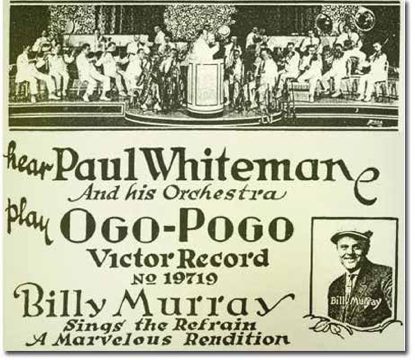
Murray emerged as a huge solo recording star, introducing the public to the music of George M. Cohan (“You’re a Grand Old Flag”) and a host of other familiar tunes.
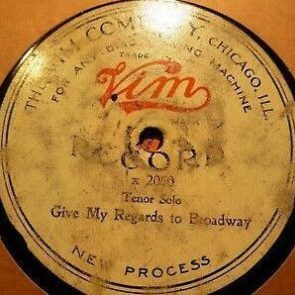
Give My Regards to Broadway
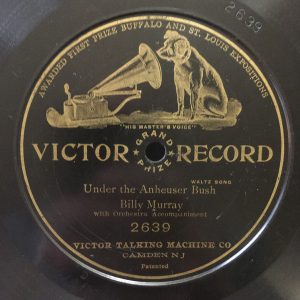
1905 – Under the Anheuser Bush
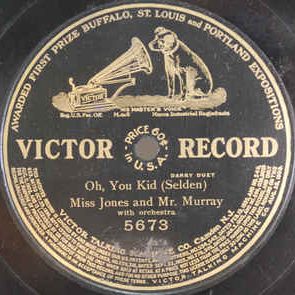
1909 – Oh, You Kid
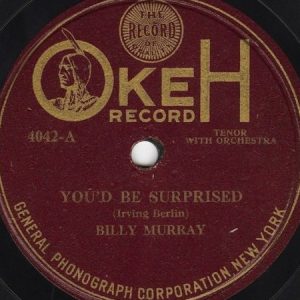
1920 – You’d Be Surprised
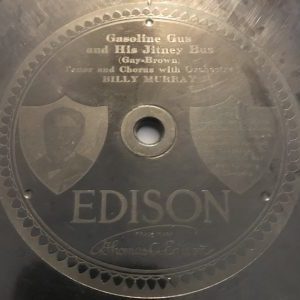
1915 – Gasoline Gus
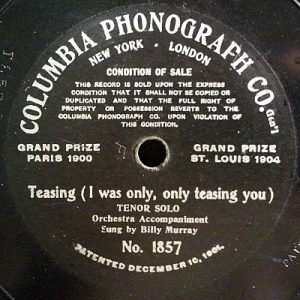
1904 – Teasing
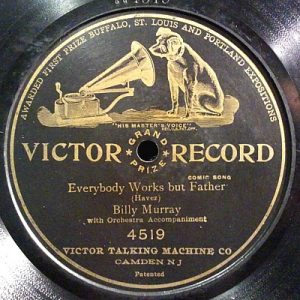
1905 – Everybody Works but Father
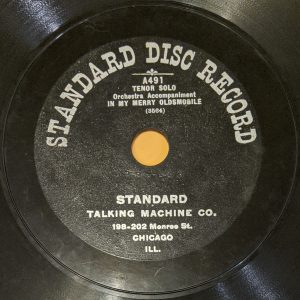
1908 – In My Merry Oldsmobile
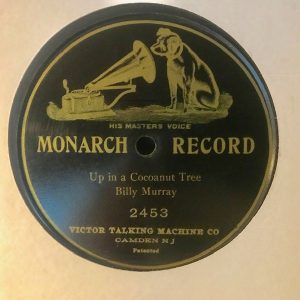
1903 – Up In a Cocoanut Tree
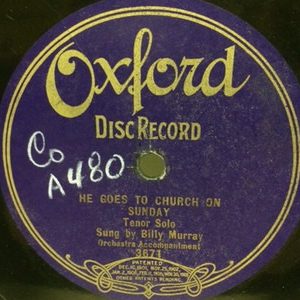
He Goes to Church on Sunday
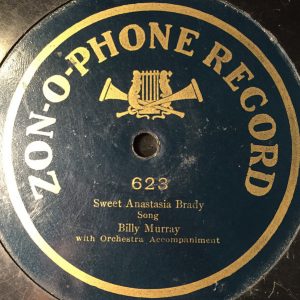
1906 – Sweet Anastasia Brady
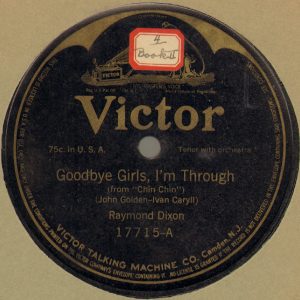
1915 – Goodbye Girls, I’m Through
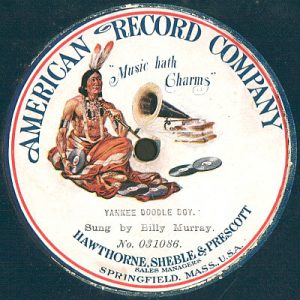
1905 – Yankee Doodle Boy
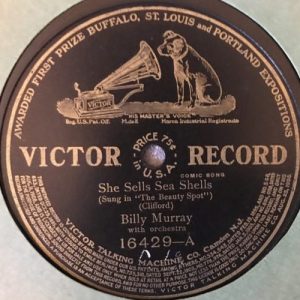
1910 – She Sells Sea Shells
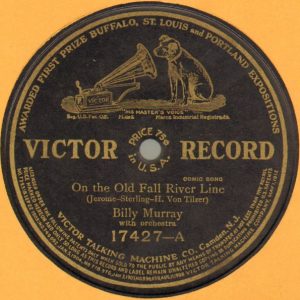
1913 – On the Old Fall River Line
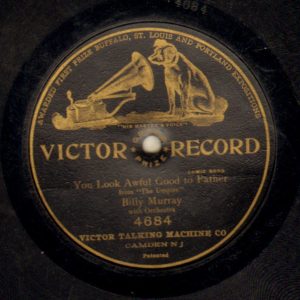
1906 – You Look Awful Good to Father
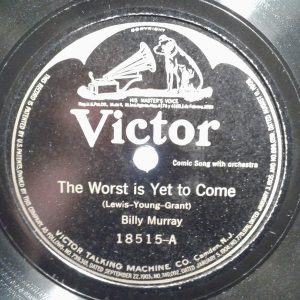
1919 – The Worst Is Yet to Come
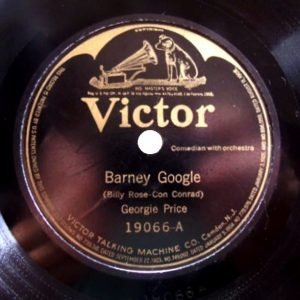
1923 – Barney Google
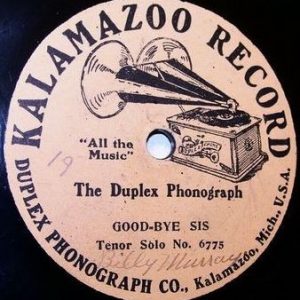
Good-Bye Sis
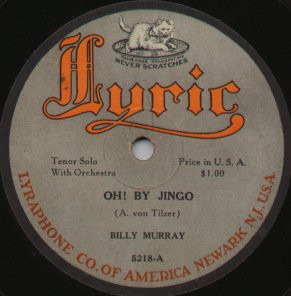
1920 Oh! By Jingo
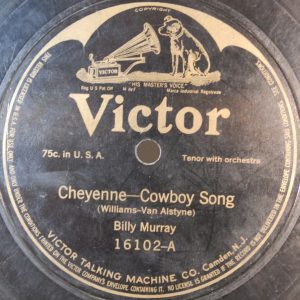
1906 – Cheyenne
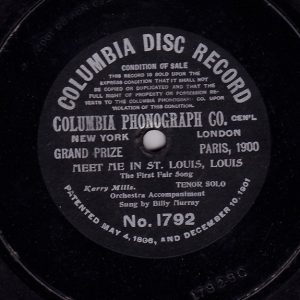
1904 – Meet Me in St. Louis, Louis
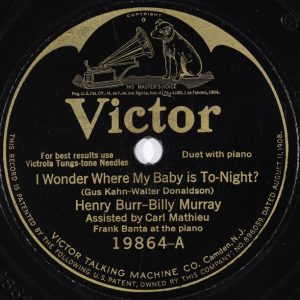
1926 – I Wonder Where My Baby Is Tonight
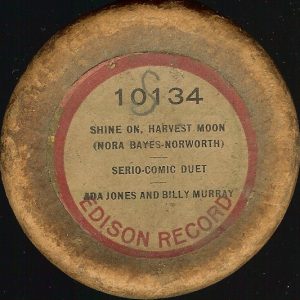
1909 – Shine On Harvest Moon
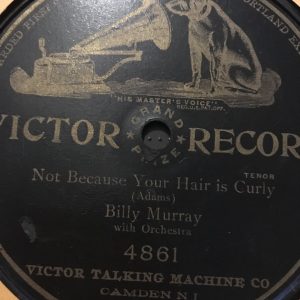
1906 – Not Because You’re Hair is Curly
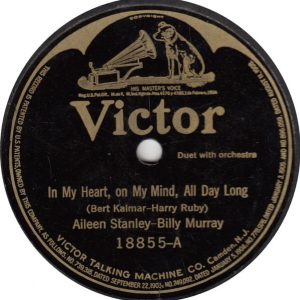
1922 – In My Heart, On My Mind
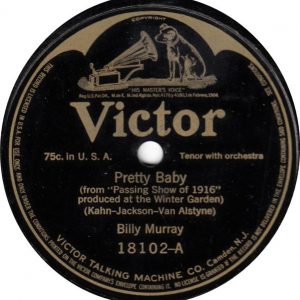
1916 – Pretty Baby
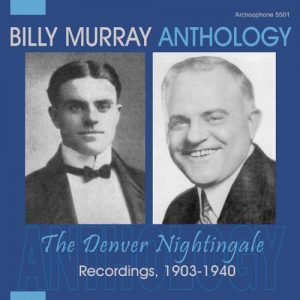
2002 – Anthology The Denver Nightingale
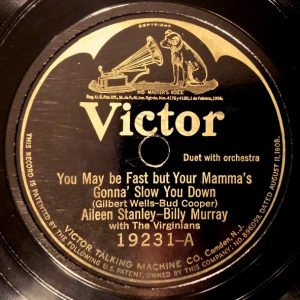
1924 – You May Be Fast but Your Mamma’s Gonna Slow You Down
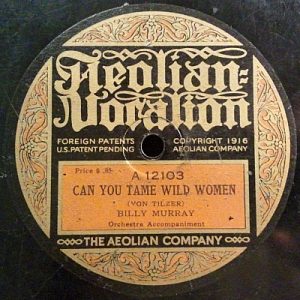
1919 – Can You Tame Wild Women
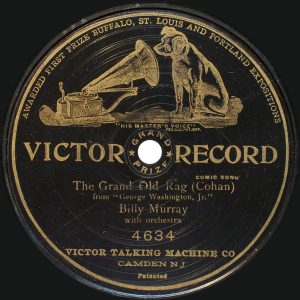
1906 – The Grand Old Rag (Flag)
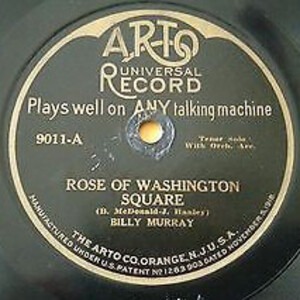
1920 – Rose of Washington Square
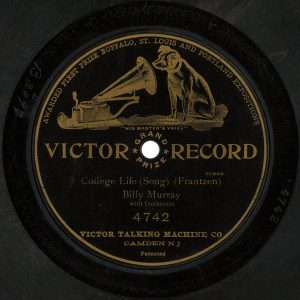
1906 – College Life
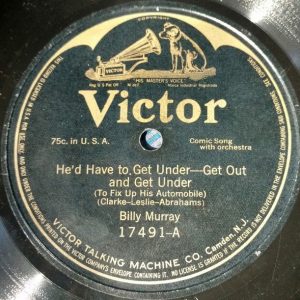
1914 – He’d Have to Get Under
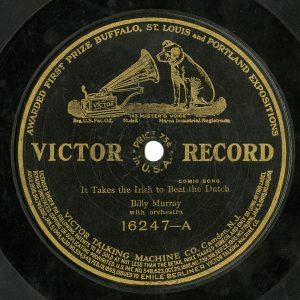
1906 – It Takes the Irish to Beat the Dutch
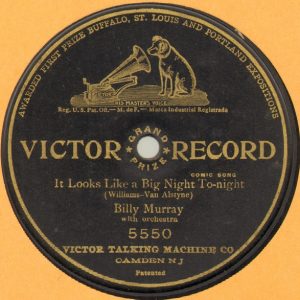
1908 – It Looks Like a Big Night tonight
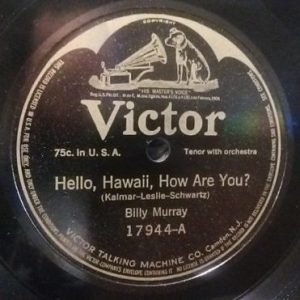
1916 – Hello, Hawaii, How Are You
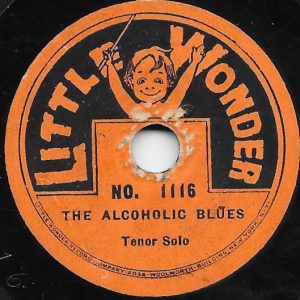
1919 – The Alcoholic Blues
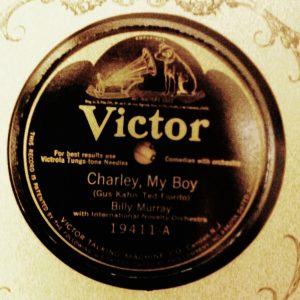
1924 – Charley, My Boy
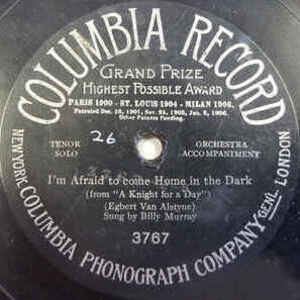
1906 – I’m Afraid to Come Home in the Dark
© Colorado Music Hall of Fame
© Colorado Music Hall of Fame